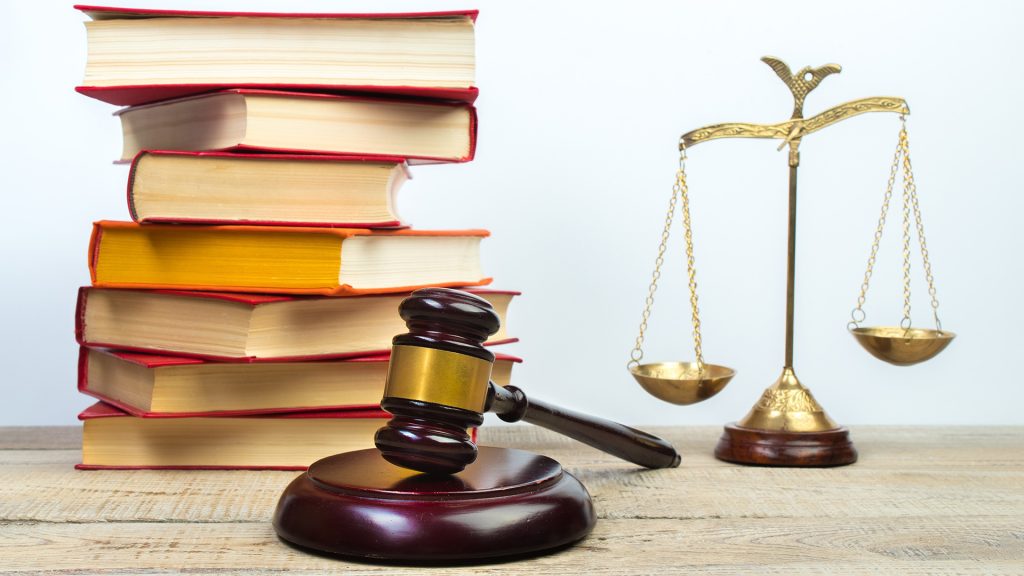A recent ruling in Greece has highlighted the government’s unwavering stance against online piracy, as a 59-year-old man was sentenced to five years in prison and fined €10,000 for operating a torrent website, P2Planet. This site allegedly housed more than 14,000 torrent links from 2011 to 2014, drawing the attention of law enforcement and leading to legal consequences that resonate with the complexities of digital copyright infringement. The ruling is a prominent example of Greece’s intensified measures against illegal file sharing and digital piracy.
Background of the Case
The court case against the man commenced after his initial arrest in 2014, during which the Cyber Crime Unit of the Greek police raided his residence. Authorities discovered his administrative control over P2Planet, which led to the confiscation of a hard drive containing extensive data. The website reportedly had over 44,000 registered users, all accessing its vast library of torrent files. Following an appeals process that concluded recently, the Single-Member Criminal Court of Appeal of Piraeus upheld the original sentence, resulting in immediate detention of the accused, much to the shock of courtroom observers. His lawyers had argued for a suspension of the sentence during the appeal, but the court ruled otherwise.
The Legal Landscape and Implications
According to a report by TorrentFreak, the case reflects a broader trend in Greece’s approach to online piracy. The recent conviction comes on the heels of another five-year sentence for a similar offense in Larissa, which sets a worrying precedent for those operating in the sphere of digital piracy. The legal framework surrounding torrenting rests heavily on the notion that sharing files through a peer-to-peer network constitutes distribution of copyrighted material. This complicates the legal standing of users who only download but do not share files, a point the defense team attempted to highlight during the trial.
The evolving legal landscape also brings to light the dichotomy in enforcement: while individuals face severe penalties for relatively minor infractions, corporate entities engaged in large-scale data theft can navigate the legal system with considerably less risk. For example, in an ironic twist, Meta defended its use of a torrent of copyrighted materials to train its AI models, arguing that merely downloading does not constitute illegal activity, as long as there is no seeding involved. This disparity raises questions about the consistency and fairness of legal repercussions in the digital realm.
Public Reaction and Cultural Context
The harsh sentencing of the P2Planet operator has sparked discussions among the public and legal experts about the effectiveness of such punitive measures in deterring piracy. Some argue that the response is disproportionate given the nature of the crime, especially as the site ceased operations many years ago. The Greek government’s decision to pursue such cases reflects a growing cultural concern over intellectual property rights in the age of the internet, aiming to send a clear message that piracy will not be tolerated.
- The case brings to light the complexities of enforcing copyright laws in a digital age.
- It underscores a growing trend in various countries to take a harsher stance on piracy.
- Public sentiment is mixed, with some advocating for leniency based on the context of the crime.
- Discussions surrounding digital piracy are becoming increasingly relevant as technology evolves.
Looking Ahead: What This Means for Online Copyright Enforcement
The implications of this ruling may extend beyond just this single case. It signals a potential shift in how authorities may approach online copyright enforcement in the future. As more individuals engage in torrenting and file sharing, governments may adopt more aggressive legal frameworks aimed at curbing these practices. This could lead to greater scrutiny of online platforms and the individuals who use them, further complicating the relationship between digital media consumption and legality.
As the digital landscape continues to evolve, so too will the laws and regulations governing it. The case of the P2Planet operator serves as a reminder that, despite the fleeting nature of many torrenting sites, the repercussions for those found culpable can be significant and long-lasting. The challenge remains for users to navigate these waters carefully while understanding the potential legal ramifications of their online activities.
Quick Reference Table
| Aspect | Details |
|---|---|
| Defendant’s Age | 59 Years |
| Website Duration | 2011 – 2014 |
| Number of Torrent Files | 14,000 |
| Users Registered | 44,342 |
| Prison Sentence | 5 Years |
| Total Fines | €11,800 |

